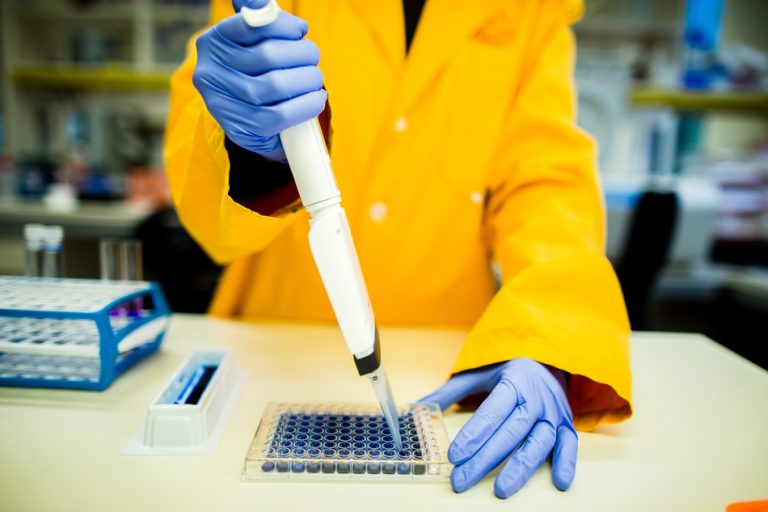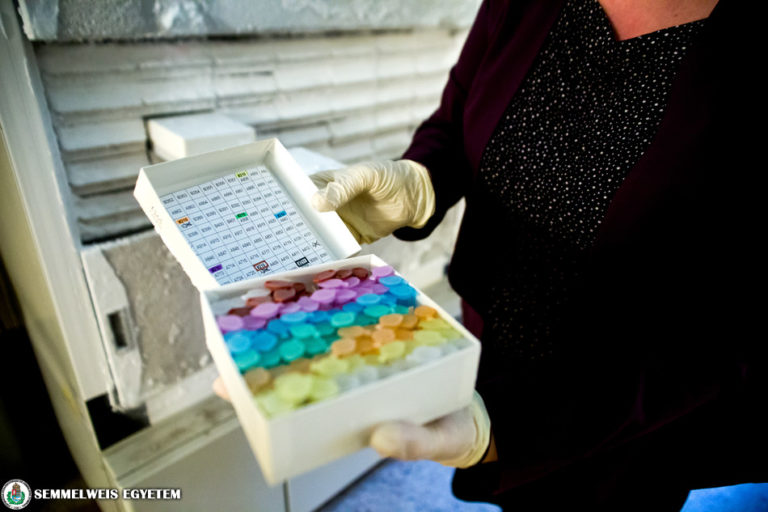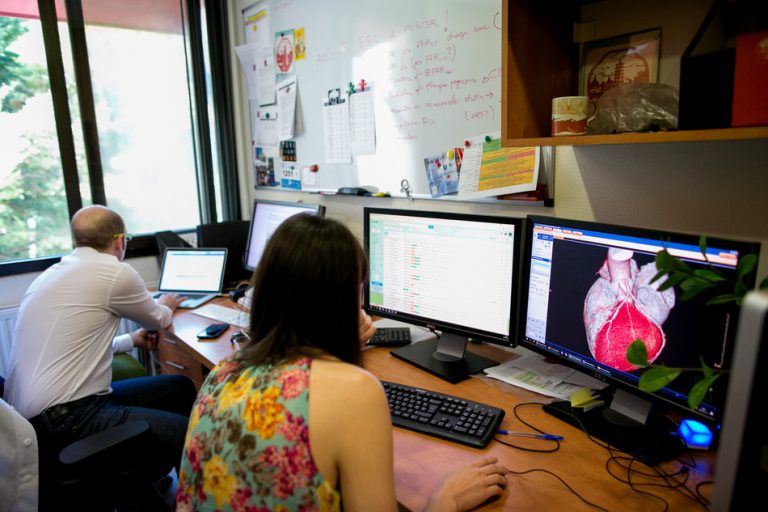Excellence in RDI
Built on its scientific activities and achievements, as well as on its extensive international and industry collaborations, Semmelweis University is a regional center of excellence in science and innovation in the field of life sciences.
The well-established RDI support system and the Health Industry-Biotechnology Science Park promote multidisciplinary RDI activities that have emerging relevance today and will be dominant in the future, thus making Semmelweis University’s innovation ecosystem become a true staple of European excellence in research and innovation.












